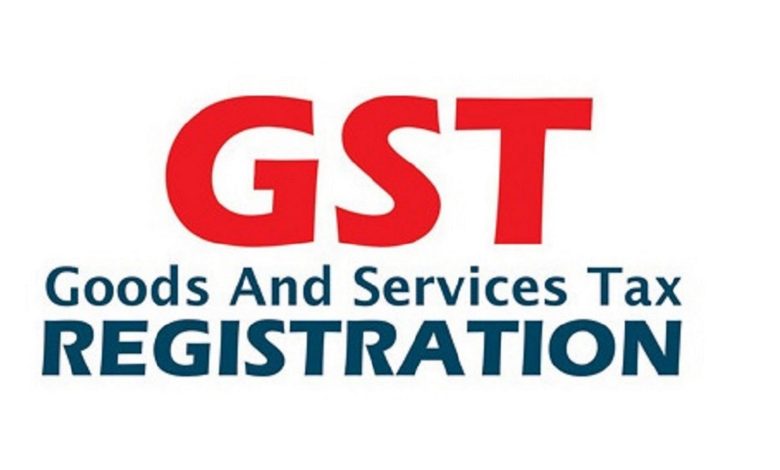
Tax professionals will be needed to help businesses become GST-compliant as GST changes the way taxes are paid. Small businesses will gradually increase their costs due to the additional cost of hiring experts.
The owners of small businesses will also have to train their employees to comply with GST, adding to their overhead expenses. That’s another reason to apply for documents required for GST registration of partnership firm.
If a person or entity provides taxable supplies of goods or services in India with an aggregate annual turnover of over Rs.20 lakh, they must be registered for GST services. If you are registered for VAT, service tax, or central excise, you can register for GST even if you do not meet the aggregate turnover criteria.
GST registration benefits
All persons registered under GST service will receive the following benefits:
- Licensed to provide goods and services.
- Input taxes must be accounted for correctly to be redeemed for payment of GST due on sale or supply of goods and services.
- The right to collect and pass on any taxes paid by his purchasers to the recipient of the goods or services he supplies
- Avail of various other privileges and benefits derived from the GST laws.
How to apply for GST registration
- You can apply for GST registration online by visiting GST.gov.in
- It is mandatory to submit scanned copies of all documents online. Only if you receive a mail requesting it is a physical copy required.
- As well as the names and HSN/SAC codes of the goods/services you sell you are required to provide them. A maximum of five products/services can be included. When selling more than five services/goods, only five services/goods can be listed in the GST Registration Form when selling more than five services/goods. You may sell an unlimited number of goods/services, however. All other goods and services can be included in the GST services returns.
- Aadhar card e-verification is either through digital signatures or digital signatures on the Registration Form.
Business Registration Document
For all types of entities, the individuals must submit proof of business registration. There is no need to submit this document for proprietorships since the proprietor and the business are treated as the same legal entity.
The taxpayer, however, must submit the partnership deed in the case of a partnership firm. To form an LLP or Company, you must submit a copy of the incorporation certificate issued by the MCA. Registration certificates can be provided for other entities, such as societies, trusts, clubs, government departments, and groups of individuals.
When to register for GST
To register for GST services, a person must do so within 30 days of eligibility. Taxable persons who are non-residents and non-casuals in India must register for GST at least five days before starting a business there. Business transferees who acquire an ongoing concern become liable for registration on the transfer date.
- Identification card and PAN card for the individual
- Bank statement or a copy of a cancelled cheque
- Compliance declaration with the provisions
- Electricity bill copy
- Document from the owner stating there are no objections
- Agreement for Renting Premises (in the case of renting premises)
GST provisions
For companies operating in more than one state, each state’s GST Registration application must be submitted separately. A GST registration application cannot be centrally centralized. Individuals running multiple businesses can either register for GST services separately for each business or register for GST as a single entity.
Those with GST Registration Numbers are required to file GST Returns. Persons not registered for GST cannot collect GST from their customers or claim the benefit of input tax credits.


